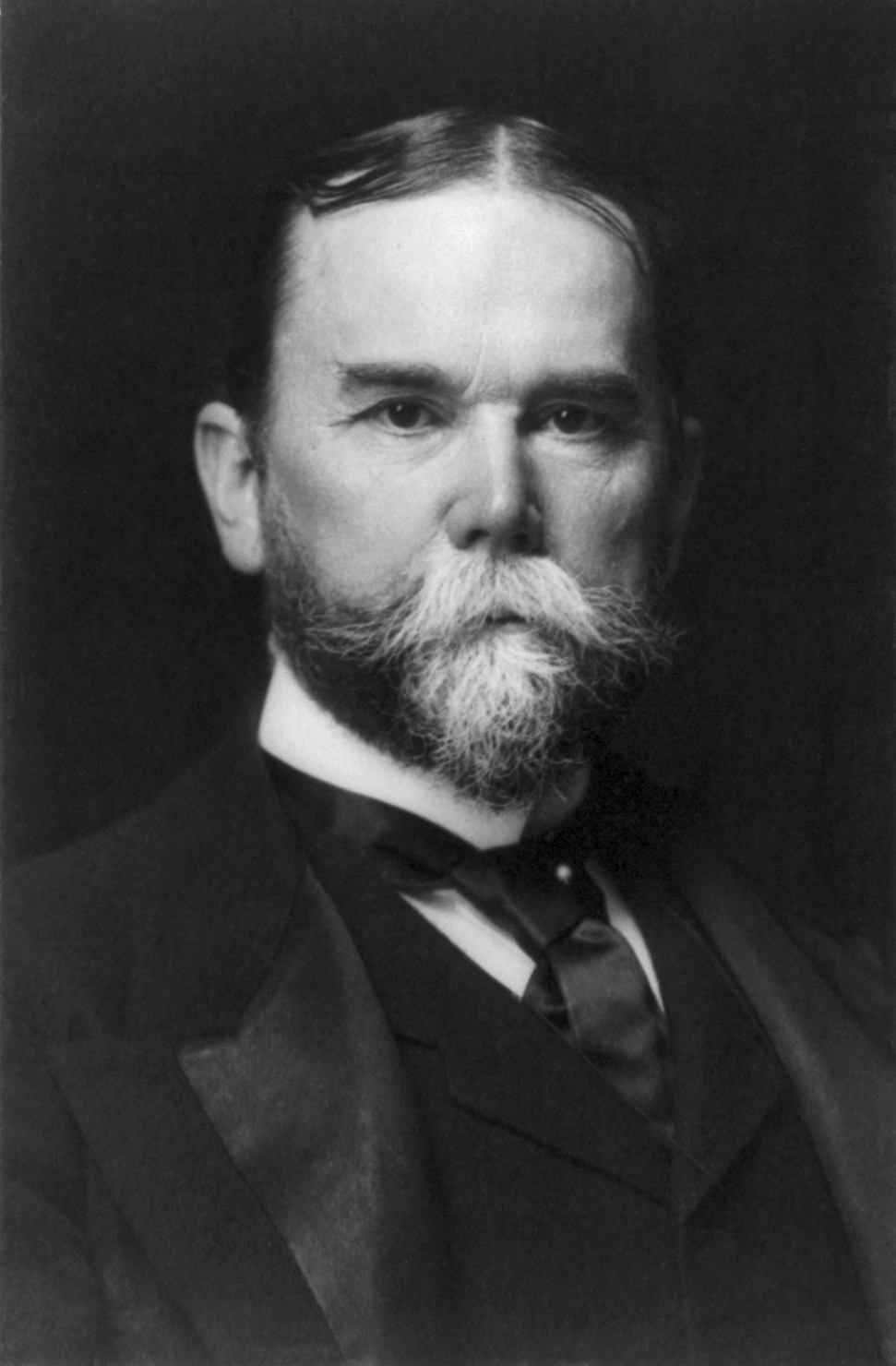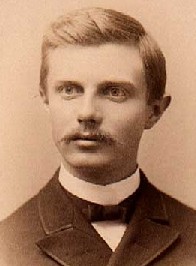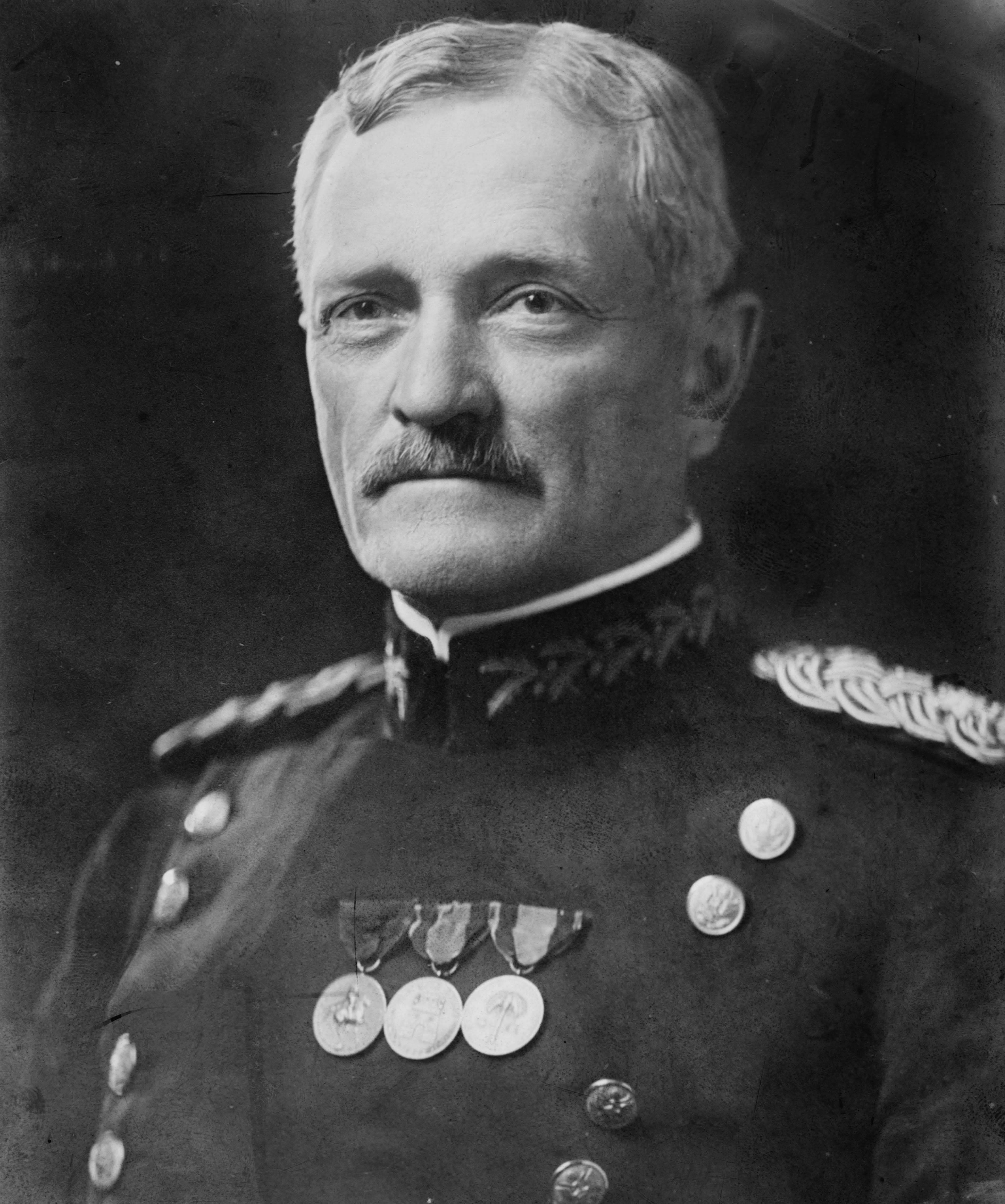By: Barbara W. Tuchman
Random House, 1962
 I've skipped ahead in time a little because I was having to listen to books during the semester instead of reading them, and this was the next on my list that was available through the library. Tuchman's Guns of August provides a very thorough overview of the events of the first month of World War I - August 1914. It really is amazing how many things happening in that month and how complicated it all was. I've come to realize that, at least in my experience, as Americans we kind of skim over the early part of the war in school, reading some fiction but not getting too much into the politics, to get to the part where America was involved. I'm not criticizing - I understand that when we only have a limited amount of time to focus on a subject we are much more likely to focus on the part that interests us, the part we were involved in. But, it means that as I was listening I realized that I just kept waiting for Archduke Ferdinand and his wife to be assassinated and kick this whole thing off and then I didn't really know what happened next (note that the Archduke and his wife were assassinated in June 1914 and, therefore, the event was not even covered in this book).
I've skipped ahead in time a little because I was having to listen to books during the semester instead of reading them, and this was the next on my list that was available through the library. Tuchman's Guns of August provides a very thorough overview of the events of the first month of World War I - August 1914. It really is amazing how many things happening in that month and how complicated it all was. I've come to realize that, at least in my experience, as Americans we kind of skim over the early part of the war in school, reading some fiction but not getting too much into the politics, to get to the part where America was involved. I'm not criticizing - I understand that when we only have a limited amount of time to focus on a subject we are much more likely to focus on the part that interests us, the part we were involved in. But, it means that as I was listening I realized that I just kept waiting for Archduke Ferdinand and his wife to be assassinated and kick this whole thing off and then I didn't really know what happened next (note that the Archduke and his wife were assassinated in June 1914 and, therefore, the event was not even covered in this book).I really struggled through this book. I have said it before, but I just do not enjoy reading about battle tactics and war politics. Give me culture! I want to hear how it affected the people! But I also realize that it is important to be aware of how everything went down because these are things that have affected relationships between nations for decades - almost a century now. Sadly, I found some bits and pieces that I discovered in researching about the book much more interesting than the book itself. President John F. Kennedy loved The Guns of August so much that he quoted it often and even commanded his cabinet and military leaders to read it. The book was given the Pulitzer for Non-Fiction instead of History because Pulitzer's will specifically stated that the history winners could only be about American history. I also thought it interesting that it was on the New York Times best seller list for forty-two consecutive weeks. I would have thought it would have such mass appeal, but people will surprise you when given the right time, political climate, and a recommendation from the president.
Note: The image above is of the original 1962 Random House cover of The Guns of August.














